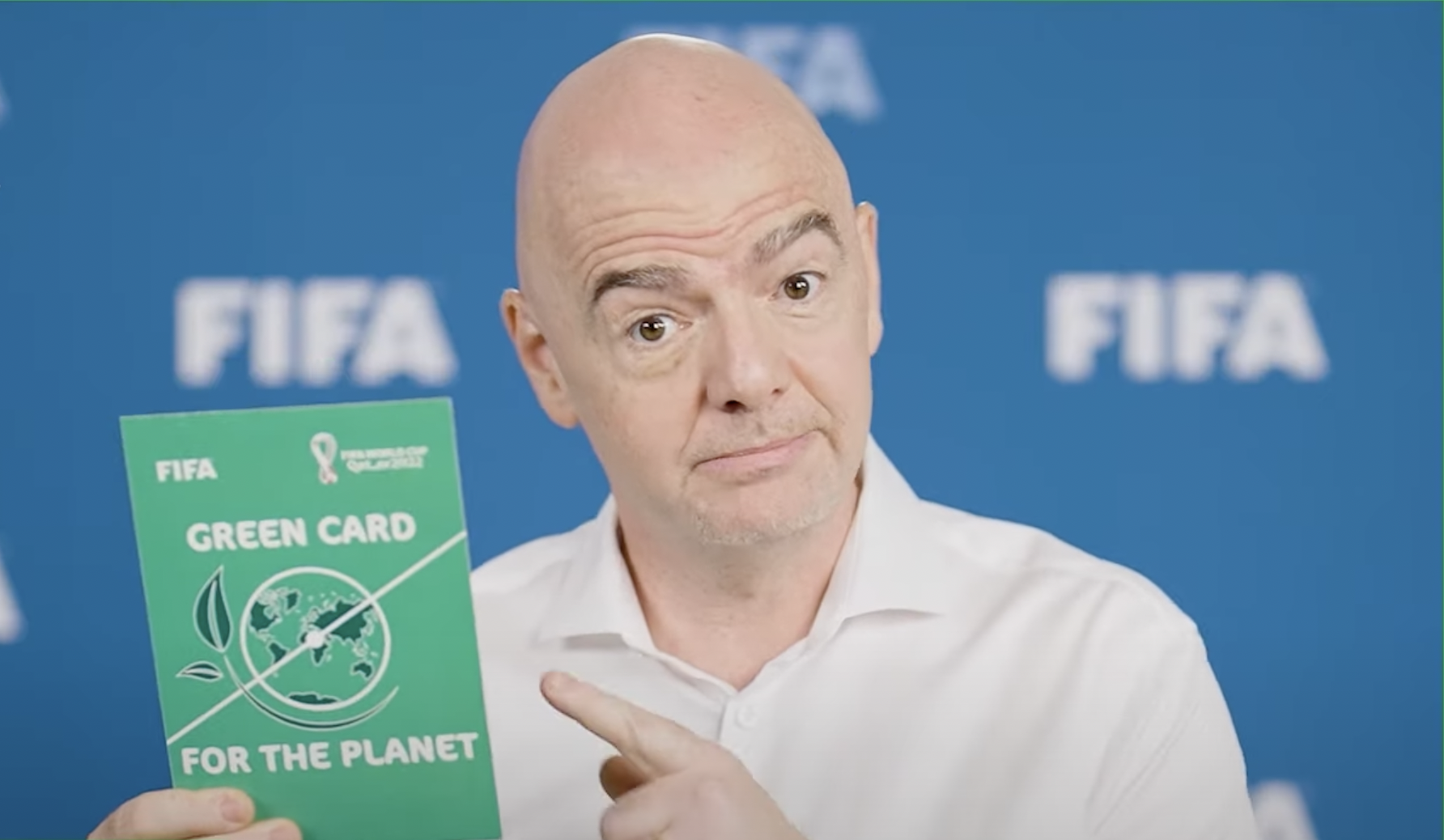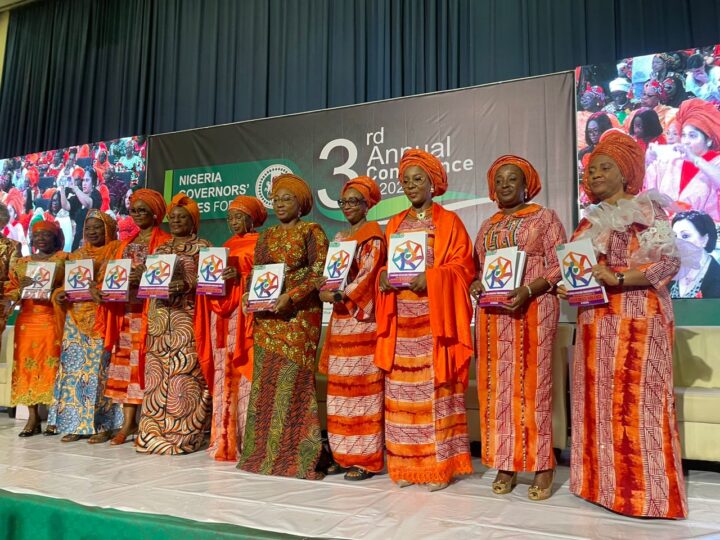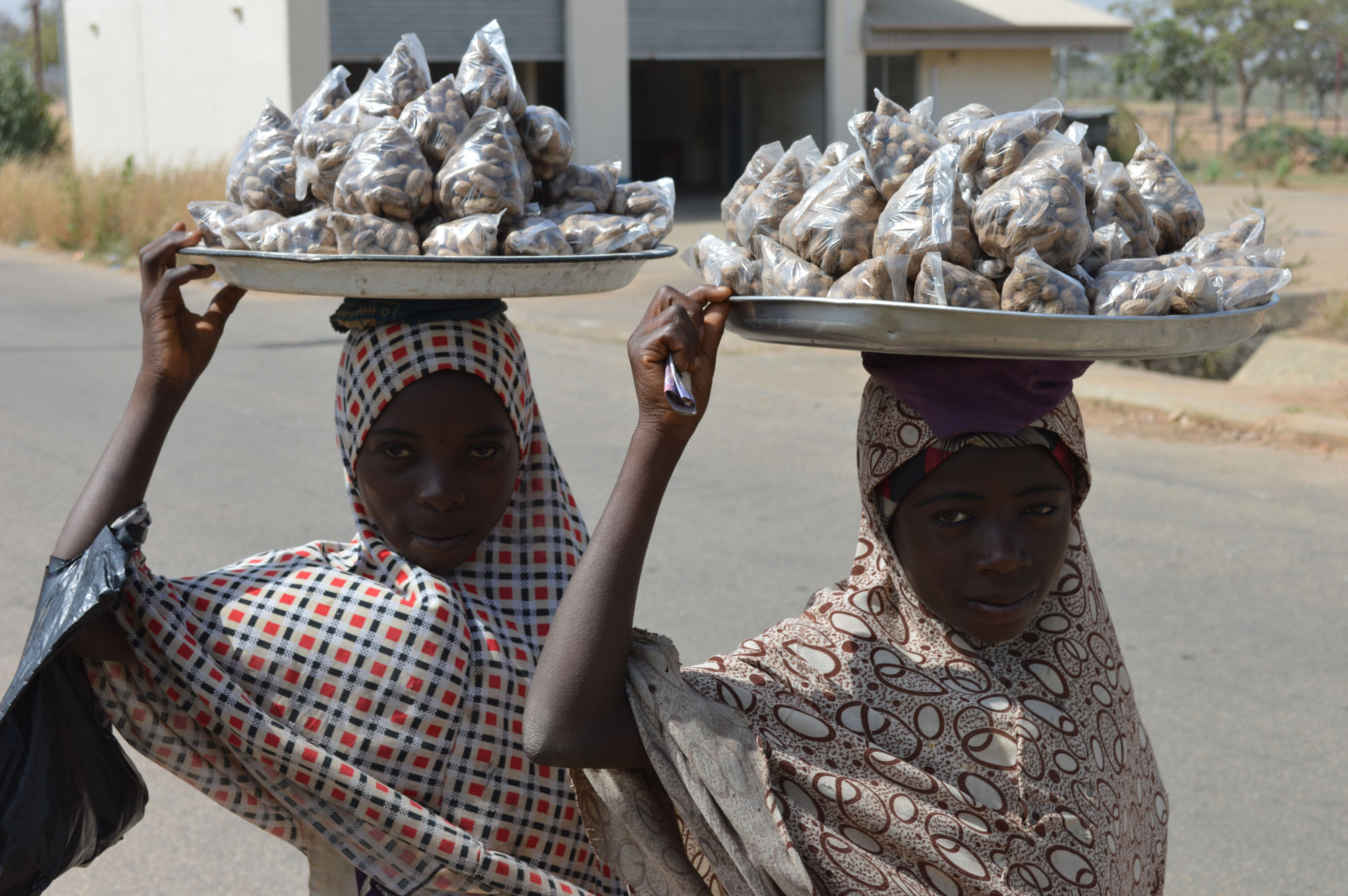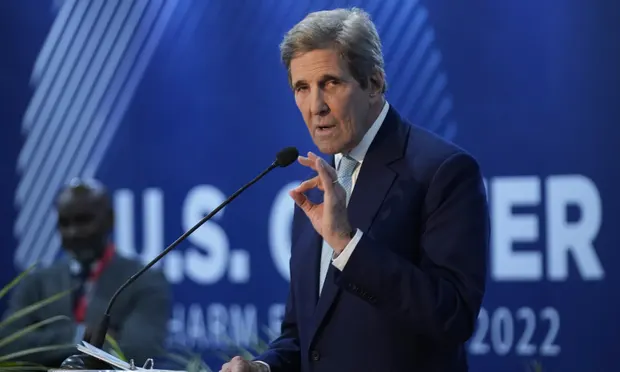Fédération Internationale de Football Association (FIFA), football’s highest governing body, has claimed that the 2022 Qatar World Cup is fully carbon-neutral.
The World Cup commenced on November 20 and has attracted over 1.2 million visitors to the middle east country.
On September 14 2021, the official website of the tournament, designed to provide information and logistics support for guests, posted a report titled: “How Qatar 2022 will be the first carbon-neutral FIFA World Cup in history”.
The report, which has now been deleted, but archived here using the Wayback Machine, claims that after Qatar was awarded the right to host the first FIFA World Cup in the Arab world, the country made a commitment to deliver an amazing tournament in a sustainable manner.
Advertisement
According to FIFA and the Supreme Committee for Delivery & Legacy (SC), one of the sustainability strategies to be jointly delivered by the football governing body, the host country and local organisers include “the delivery of the first carbon-neutral FIFA World Cup in the history of the event”.
“To achieve this, all infrastructure projects – including the eight stadiums that will be used for Qatar 2022 – must meet stringent sustainability benchmarks,” the report said.
“All remaining emissions will be offset through investing in internationally recognised and certified carbon credits. This is done on a voluntary basis, leading the way in the sports industry.”
Advertisement
Speaking in a video posted in June 2022, Gianni Infantino, FIFA’s president, said the football body is “playing its part” to make the tournament “carbon-neutral”.
On November 21 2022, in a post shared by the official Twitter handle of the Chinese mission to the United Nations, the Chinese agency said it built Qatar’s first solar plant to contribute to the country’s goal of a carbon-neutral tournament.
The China-built 800-megawatt Al Kharsaah PV power station, Qatar's first solar power plant, will strongly support Qatar's commitment to hosting a "carbon-neutral" #WorldCup. pic.twitter.com/gxuPYZSxjo
— Chinese Mission to UN (@Chinamission2un) November 21, 2022
Advertisement
“The China-built 800-megawatt Al Kharsaah PV power station, Qatar’s first solar power plant, will strongly support Qatar’s commitment to hosting a “carbon-neutral” #WorldCup,” the tweet reads.
But is the 2022 World Cup really carbon-neutral?
CARBON NEUTRALITY AND OFFSETTING
Advertisement
According to Plana, an organisation focused on helping companies build a decarbonised and sustainable economy, carbon neutrality requires that carbon dioxide (CO2) released into the atmosphere from any activity is balanced by an equivalent amount being removed.
Carbon offsetting is any reduction of greenhouse gas (GHG) emissions to make up for emissions that occur elsewhere. It is also a credit an organisation can buy to decrease its carbon footprint.
Advertisement
Carbon neutrality can only be achieved when the number of carbon offset credits obtained is equal to the carbon footprint.
Carbon offset credits, which represent an emission reduction of 1 metric ton of CO2 show that an organisation has reduced its emissions. The goal of carbon offsetting is to reduce all or a portion of a carbon footprint.
Advertisement
FIFA said it would achieve zero emissions by using carbon offsets.
To achieve this, FIFA partnered with the Global Carbon Council (GCC) to compensate for the remaining emissions associated with the World Cup.
Advertisement
Providing Qatar’s approach towards carbon neutrality, a spokesperson for the SC said: “Our significant environmental programs will leave a lasting legacy across the country. These include a vast new solar power plant the size of 1,300 football pitches with 800MW capacity, and stadiums which have set new standards for design and sustainability – achieving some of the highest green building certifications.
“The tree and turf nursery features a total of 679,000 shrubs and 16,000 trees, most of which are replanted across the stadium sites and other areas of the country. Many of the plants are endemic to the region and drought tolerant, which minimizes the irrigation requirements. The irrigation system uses recycled water. These new trees will reduce carbon emissions”
However, environmentalists feel otherwise.
UNDERESTIMATED CARBON EMISSION
Gilles Dufrasne, policy lead at Carbon Market Watch (CMW), and an expert advisor to the Integrity Council for the Voluntary Carbon Market questioned the carbon-neutral claim, arguing that organisers have underestimated emissions by a wide margin.
“GCC is certifying credits that will make no difference whatsoever to global emissions. What GCC is offering here is at best ignorant, and at worst an obvious attempt to create more supply of low quality, low-cost credits with an illusion of credibility,” he said.
According to CMW, other sources of emissions such as those from maintaining and operating the newly built stadiums years after the tournament must have been underestimated.
Also, the numerous shuttle flights bringing fans from nearby cities into Qatar before matches, negate the need for closely built stadiums.
Furthermore, the estimate of 3.6m metric tonnes of CO2 emission at the games, exceeds the 2.1m tons of CO2 emitted from the 2018 FIFA World Cup in Russia.
Mike Berners-Lee, a professor at the environment centre of Lancaster University, told the BBC: “We did a little digging into FIFA’s carbon footprint estimate and we think it’s way over 10 million tonnes.” That’s a carbon footprint almost three times higher than FIFA’s estimate.
“‘Carbon neutral’ is a dodgy term. The offset scheme the World Cup has chosen doesn’t remove carbon from the atmosphere, so it’s a bogus term. It’s very misleading to call this a carbon-neutral World Cup. They’re not even removing carbon to compensate,” Berners-Lee, the carbon footprint expert said.
VERDICT
The claim that the 2022 Qatar World Cup is fully carbon-neutral is misleading.
This fact check was produced by TheCable with support from Code for Africa’s PesaCheck, International Fact-Checking Network, and African Fact Checking Alliance network.
Add a comment







